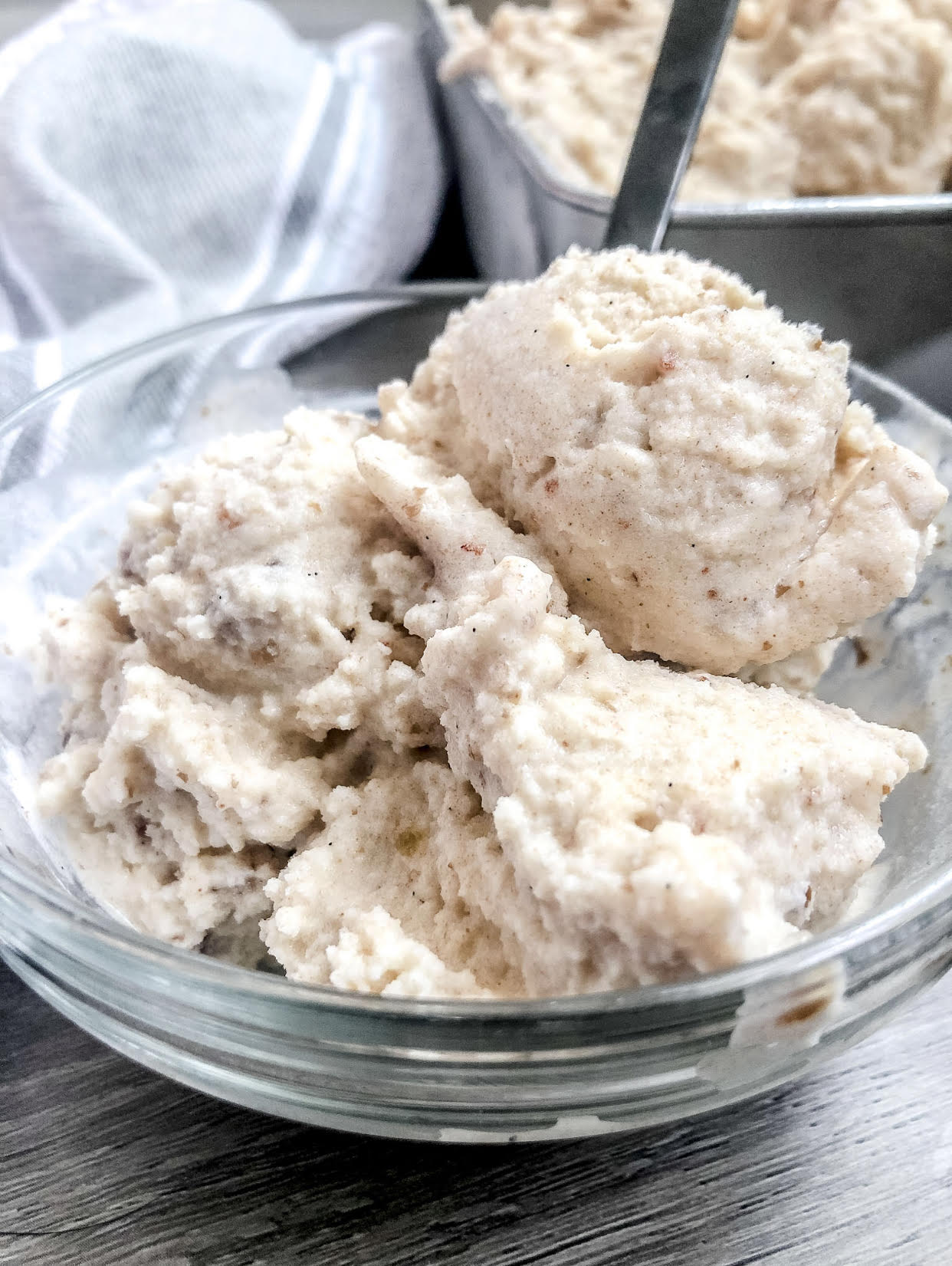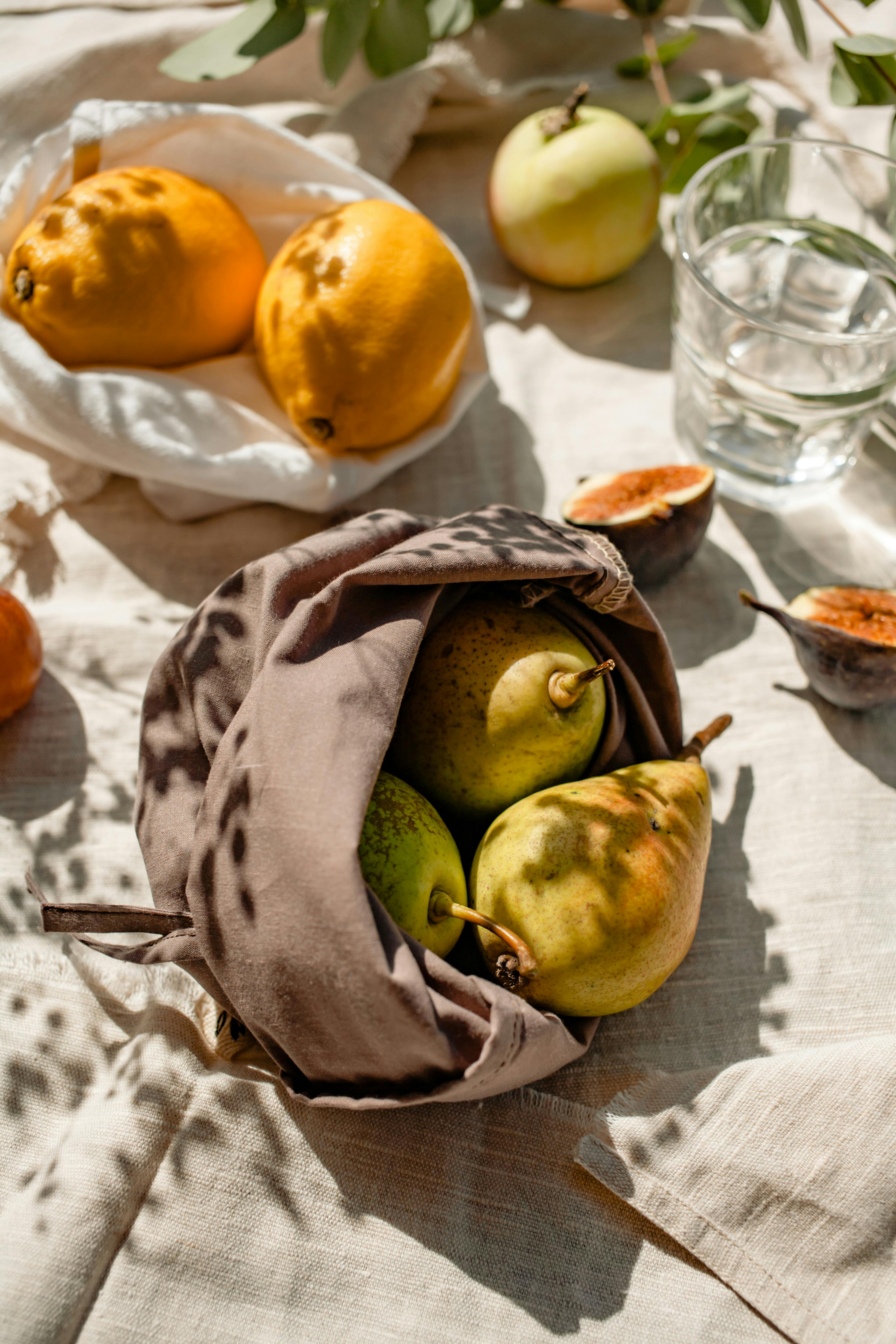Effective Ways to Prepare for a Low Residue Diet Before Colonoscopy in 2025

Effective Ways to Prepare for a Low Residue Diet Before Colonoscopy
Preparing for a colonoscopy can seem daunting, especially when it comes to understanding dietary restrictions such as a low residue diet. This preparation is crucial as it can greatly influence the success of the procedure and the clarity of results obtained. A low residue diet is designed to minimize the amount of fiber consumed, favoring easily digestible foods to ensure your digestive tract is clear for examination. In this article, we will delve into the significance of a low residue diet before a colonoscopy, practical tips for meal planning, and what foods to avoid and include.
Understanding the importance of this preparation is the first step toward ensuring a smooth colonoscopy experience. By adhering to a low residue diet, you pave the way for better digestive wellness and health outcomes. Here’s a brief preview of the key topics we’ll discuss:
- The fundamentals of a low residue diet.
- Recommended foods and meal options.
- Guidelines to follow for successful colonoscopy preparation.
- Common questions and answers about colonoscopy and diet.
Understanding Low Residue Diet and Its Importance
What is a Low Residue Diet?
A low residue diet focuses on minimizing the amount of undigested food that passes through the colon, making it essential for those preparing for procedures such as colonoscopies. This diet restricts high fiber foods, as they contribute to stool volume and bulk. Foods that are highly fibrous need to be avoided or limited, as they can create complications during the procedure.
Significance of a Low Residue Diet
For patients, following a low residue diet is paramount in preparing for a colonoscopy. This diet assists in achieving a clear colon, which improves the ability of healthcare providers to visualize the intestinal lining effectively. Plus, it can lead to less discomfort during the preparation and an overall smoother process.
Health Benefits of a Low Residue Diet
Aside from aiding in the colonoscopy process, a low residue diet also provides various health benefits. These include reduced gastrointestinal discomfort and bloating, improved digestive health, and potentially enhanced nutrient absorption from easily digestible foods. Understanding these benefits will encourage patients to commit to the necessary dietary adjustments.
Colonoscopy Guidelines and Low Residue Diet
Medical professionals often provide specific colonoscopy instructions that include adhering to a low residue diet for a few days leading up to the procedure. It is essential to follow these guidelines closely to ensure the best possible outcomes. Understanding and integrating these instructions into your daily meal plans can significantly reduce anxiety surrounding the preparation.
Common Mistakes in Low Residue Diet Preparation
One of the most common mistakes patients make is underestimating the necessity of eliminating high-fiber foods from their diets. Foods like whole grains, nuts, seeds, and fibrous vegetables can create obstacles during colonoscopy. Being aware of these pitfalls and taking proactive measures to avoid them can contribute to successful preparation.
Advice for Meal Planning and Options
Low Residue Food Options
Prior to your colonoscopy, a variety of low residue food options can be incorporated into your meals. This includes refined grains, well-cooked vegetables without skins, eggs, and lean meats. Foods such as white rice, plain pasta, and certain dairy products also make the list. It's crucial to ensure that these food choices are not only compliant with dietary regulations but also enjoyable to eat.
Sample Low Residue Diet Plan
Creating a low residue meal plan can simplify the process leading up to your procedure. For example:
- Breakfast: Scrambled eggs with white toast and a clear liquid.
- Lunch: Chicken broth with plain noodles and a banana.
- Dinner: Baked fish and mashed potatoes without skins.
This type of meal planning ensures that you are receiving adequate calories while adhering to the necessary dietary restrictions.
Recommended Foods to Include
In addition to the low residue staples mentioned, consider integrating easily digestible foods such as smooth nut butters (avoid nuts and seeds), certain yogurt types, and ice cream. These can provide an avenue for dessert and satisfaction while remaining within dietary guidelines.
Foods to Avoid for Successful Colonoscopy Prep
Sticking with a low residue diet means you must avoid high fiber foods like whole grain products, raw fruits, and vegetables, as these can cause unnecessary complications during the examination. Additionally, foods that may produce gas, such as cruciferous vegetables and carbonated beverages, should be eliminated from your diet prior to the procedure.
Using Clear Liquids Effectively
Along with your regular low residue meals, clear liquids are essential, especially in the 24 hours leading up to your colonoscopy. These include water, apple juice, and broth. You may also want to consider electrolyte drinks, which can help prevent dehydration and maintain energy levels.
Preparing for Colonoscopy: Best Practices
Timing Your Last Meal
The timing of your last meal before the colonoscopy is essential. Generally, it’s recommended to have light low residue meals one day prior to the procedure and switch to clear liquids the evening before. Keeping track of these timings helps manage expectations and ensures readiness for the examination.
Maintaining Digestive Wellness
To support your digestive system during the low residue diet, consider including probiotics in your meal plan. Yogurt or supplements can improve gut health and help ease the transition into a low-fiber preparation.
Communicating with Healthcare Providers
It’s important to discuss any concerns with your healthcare provider regarding the diet. They can provide tailored advice considering your personal health history, which can help mitigate any worries or uncertainties regarding what to eat before your colonoscopy.
Monitoring Your Body Reactions
Pay close attention to how your body reacts to the low residue foods. If you find yourself experiencing discomfort or worry regarding the preparation, consider reaching out to your healthcare provider for further guidance.
Adjusting Dietary Restrictions as Needed
If you have any specific dietary restrictions, it’s essential to adjust the low residue diet accordingly. Collaborate with your healthcare team to develop a plan that accommodates personal needs while still ensuring appropriateness for colonoscopy preparation.

Frequently Asked Questions About Colonoscopy and Diet
What are common low residue foods?
Common low residue foods include white bread, plain rice, cooked vegetables without skins, lean meats, and certain dairy options. These foods ensure easy digestion and help prepare your colon without adding bulk.
Is skipping meals advisable before colonoscopy?
No, it’s crucial to maintain regular meals leading up to the colonoscopy. However, it’s recommended to lighten your meals the day before the procedure, transitioning to clear liquids as instructed by your doctor.
How can I handle hunger during the prep diet?
To manage hunger, focus on eating small, frequent meals that comply with low residue guidelines. You can also include clear liquids to help satisfy your hunger and provide hydration.
Do I need to avoid medications before my procedure?
Your healthcare provider will advise you on any medications that need to be avoided or adjusted prior to the colonoscopy. Always communicate with them regarding your existing medications to ensure safe preparation.
What happens if I eat something not allowed?
If you consume foods not permitted before the colonoscopy, it might lead to an incomplete cleanse, potentially causing the procedure to be rescheduled. Therefore, it’s essential to strictly adhere to dietary recommendations.
